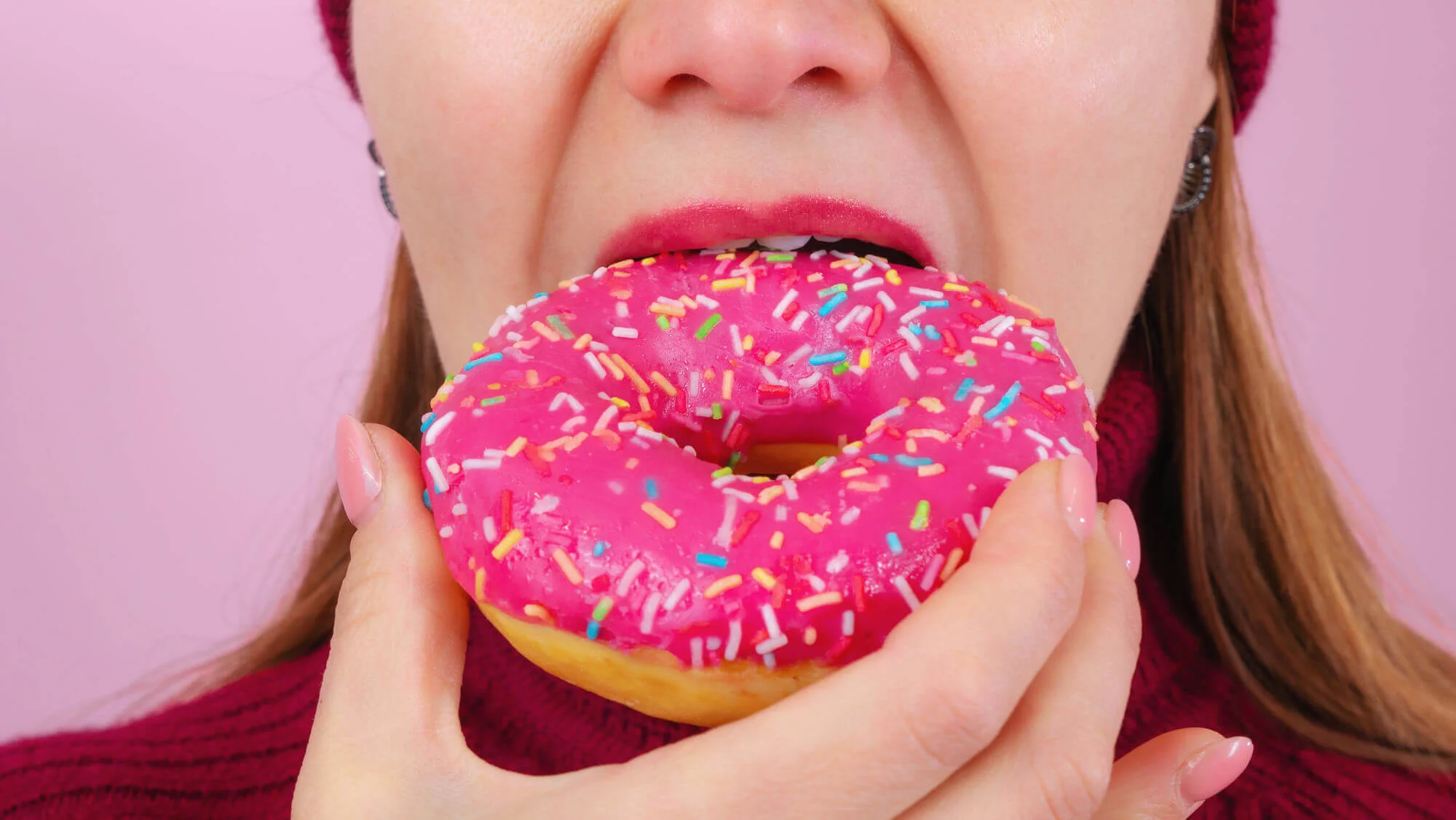
We all know brushing and flossing are essential for healthy teeth, but your diet is another major factor. Your daily foods and drinks can fuel plaque growth or help keep it in check. Plaque doesn’t just lead to cavities—it also contributes to gum disease, bad breath, and long-term oral health issues.
Fortunately, you’re not in this fight alone. Professional cleanings help remove buildup and give your smile a fresh start. If you’ve been searching for a dental cleaning near you, it’s the perfect time to pair smart eating with expert care.

Plaque 101: What It Is and Why It Matters
Plaque is a soft, sticky film made of bacteria, food particles, and saliva. It forms constantly on your teeth and gums. When fed with sugars and starches, the bacteria in plaque produce acids that wear down enamel and irritate gum tissue.
Over time, plaque hardens into tartar, a crusty deposit that only a dental professional can remove. That’s why regular cleanings are so important.
Let’s explore how your diet shapes plaque development and how professional cleanings support your oral health.
1. Sugary Foods and Beverages
How They Contribute to Plaque:
Sugary foods are the primary energy source for plaque-forming bacteria. When you eat or drink something sugary, the bacteria in plaque rapidly convert it into acids. These acids begin attacking your tooth enamel almost immediately. The more frequently you consume sugary snacks or drinks, the longer your teeth are under acid attack.
This is especially problematic with sugary drinks like soda, sweetened coffee, or energy drinks that coat your teeth. Frequent sipping throughout the day is more damaging than consuming a sweet treat all at once, because it continuously feeds bacteria.
How Cleanings Help:
Your daily brushing routine might remove some of this buildup, but sugary residue can be sticky, especially along the gumline and between teeth. Professional dental cleanings use specialized tools that scrape away plaque and tartar you simply can’t reach with a toothbrush, leaving a clean, smooth surface behind that’s harder for plaque to cling to.
2. Refined Carbohydrates
How They Contribute to Plaque:
You might not think of crackers or pasta as “sugary,” but they quickly break down into simple sugars once you eat them. These carbohydrates cling to your teeth, especially in molar grooves and tight spaces. This makes them just as effective at feeding harmful bacteria as sweets.
These foods often have a dry, starchy texture that sticks to enamel. They also don’t stimulate much saliva production, which would normally help cleanse the mouth.
How Cleanings Help:
Over time, plaque buildup from high-carb diets leads to gum irritation and inflammation. Professional cleanings go beyond brushing by thoroughly cleaning hard-to-reach spots and beneath the gum line. Hygienists also use scaling to break up calcified tartar that forms when plaque sits too long, something brushing can’t do.
3. Acidic Foods and Drinks
How They Contribute to Plaque:
Acidic items, like soda, citrus, pickled foods, and wine, erode enamel and lower your mouth’s pH. This makes enamel more porous and vulnerable. When enamel becomes rough and worn, bacteria attach more easily, leading to faster plaque formation.
These acids can strip away minerals that protect your teeth and expose dentin, increasing sensitivity and susceptibility to decay.
How Cleanings Help:
During a cleaning, your dental team removes buildup from acid-weakened areas, then polishes your enamel to smooth the surface. This brightens your teeth and makes it harder for bacteria to stick. Many cleanings end with fluoride treatments that re-mineralize and strengthen enamel, offering a protective boost after acid exposure.
4. Low-Fiber and Processed Diets
How They Contribute to Plaque:
Whole foods like fruits and vegetables help clean teeth naturally. They increase saliva production and physically scrub plaque from the enamel while chewing. A diet low in fiber often includes more processed, softer foods that stick to teeth and don’t promote natural cleansing.
This kind of diet also often lacks nutrients essential for gum and enamel health, like calcium, vitamin C, and antioxidants.
How Cleanings Help:
Professional cleanings reset your oral environment by removing buildup caused by poor diet choices. Hygienists can also provide nutritional counseling based on what they observe during your cleaning, giving you specific advice on what to eat more or less of for better oral health.
5. Dehydration and Reduced Saliva Production
How They Contribute to Plaque:
Saliva is one of your mouth’s best defenses. It helps neutralize acid, wash away food debris, and carry minerals that keep enamel strong. Dehydration reduces saliva flow, creating an environment where plaque can thrive. Certain medications, caffeine, and alcohol can worsen dry mouth, putting your teeth at greater risk.
How Cleanings Help:
When saliva is low, plaque hardens more easily into tartar. Cleanings remove these stubborn deposits and refresh your mouth. Your dentist may also recommend fluoride or special rinses to promote enamel health and reduce dry mouth symptoms, giving you tools to better manage hydration and saliva levels.
The Power of Professional Dental Cleanings
Even the best diet and home care routine can’t remove hardened tartar. That’s where professional cleanings come in.
What Cleanings Remove:
- Soft plaque buildup
- Hardened tartar (calculus)
- Surface stains from coffee, wine, or tobacco
- Bacteria from beneath the gumline
Why Cleanings Matter:
- Prevent cavities and gum disease
- Freshen breath
- Improve the appearance of your smile
- Protect overall health, reducing risks linked to heart disease and diabetes
Cleanings typically take under an hour and are comfortable. Most patients need them every six months, others may benefit from more frequent visits based on health history or dietary habits.
Your dentist can also catch signs of early decay, worn enamel, or gum issues during your visit. Early intervention means fewer treatments later and a more comfortable overall experience.
You’ll walk out with a fresher mouth, smoother enamel, and a confident smile. Many patients say their cleanings leave them feeling energized, like a reset for their mouth.

Your Diet, Your Habits, Your Healthier Smile. Get a Dental Cleaning Near You.
Food choices impact more than your waistline — they shape your oral health too. By understanding what fuels plaque and how to reduce its impact, you empower yourself to take charge of your dental well-being.
Balancing whole foods with smart hydration, reducing sugars, and scheduling cleanings sets you up for long-term success. You don’t need perfection—just progress. Small steps like replacing one processed snack a day or increasing your water intake help more than you think.
If you’re ready to take action and looking for a dental cleaning, O'Shea Family Dentistry offers gentle, thorough care customized to your lifestyle and goals.
Book your next cleaning at O'Shea Family Dental — and give your smile the professional care and dietary support it deserves.

.svg)










.svg)
.svg)
%201.svg)